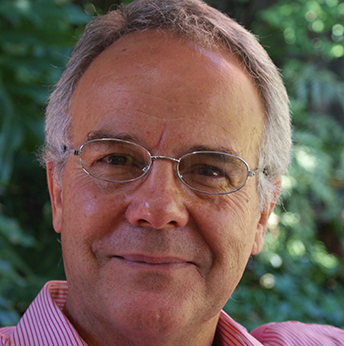It’s a little odd, isn’t it, when you listen to someone who has the temerity to tell you the reasons you believe what you do. I mean… how would they know? They are not you. So let me confess that I find it a little galling when atheist opinion leaders try and tell me the reason I am a Christian – and then portray that reason as something pathetic and rationally vacuous.
Bertrand Russell, arguably the leading exponent of atheism in the early 20thcentury, played this game. In his lecture, “Why I am not a Christian,” given to the National Secular Society in 1927, Russell said that people believe in God fundamentally because of their fear of death. This is a familiar stick Christians are beaten with, and it is, of course, a fallacy; a fiction designed to make atheists feel both superior and comfortable in their narrative.
How on earth would Russell and the legions of atheistic opinion leaders know why Christians believe? It is as cheeky as inviting a baker’s apprentice to give an opinion on nuclear physics. The reality is: an atheist is experientially ignorant of the transforming reality of God in a person’s life. Almost always, they are also crassly ignorant concerning the historical evidence for Jesus Christ, and what Christianity has to say about the big issues of life, such as suffering.
So, just in case there are a few “Bertrand Russells” reading this, may I share the reasons why I am a Christian?
It is not primarily because of fear. It was because I encountered the love story of a God who pursues me with relentless grace. It is the story of a God who died on a cross to pay the price for all the dumb things I’ve done that would disqualify me from his presence.
Secondly: I was prompted to look at the possibility of God because our universe exists with a level of “fine tuning” (to a degree of many, many trillionths) that has allowed intelligent life to develop. To not ponder the possibility of God is to believe that everything came from nothing, as a result of nothing – which, I submit, is irrational.
There is an ache in the human soul that is divinely given. This ache is not fear. It is the discomfort that comes from feeling you don’t yet fit where you were meant to fit. It is an ache for meaning, morality and hope that is as restless as a compass needle until it finds true north.
I pray that you find that “north.”
Finally; let me admit to being guilty of one aspect of fear – to the type of fear often referred to in the Bible. It is a fear that more accurately can be defined as reverence, respect and awe. Personally, I think such reverence is entirely appropriate when faced with the reality of a holy God who dreamed you into being… and who invites you to be part of his eternal adventure.






